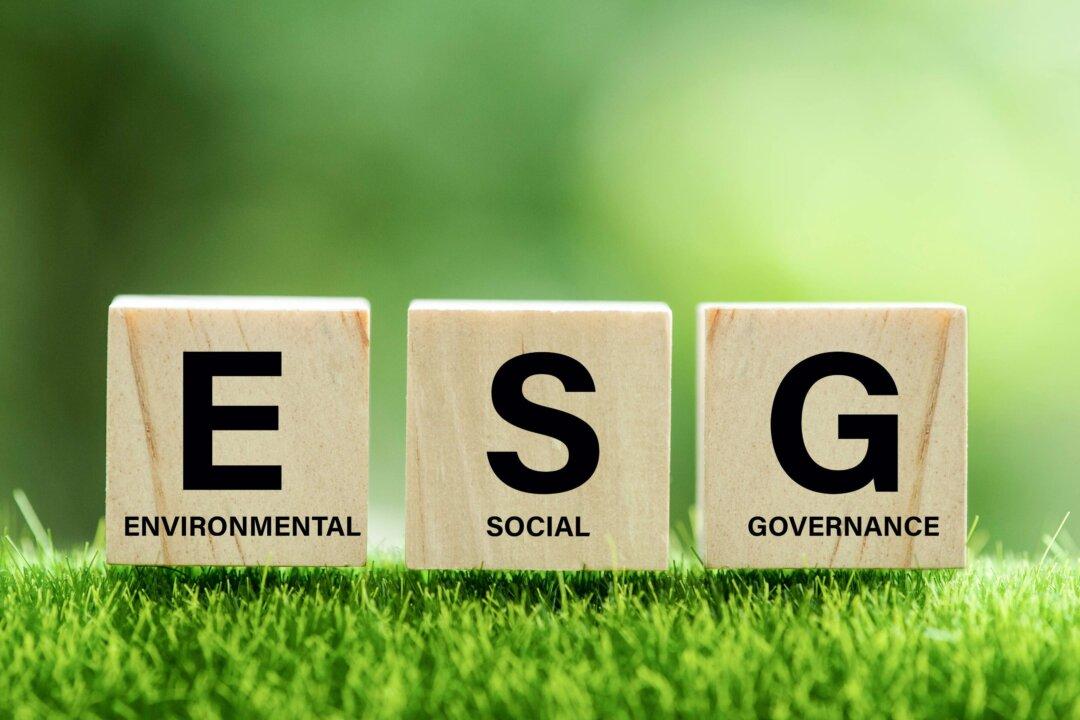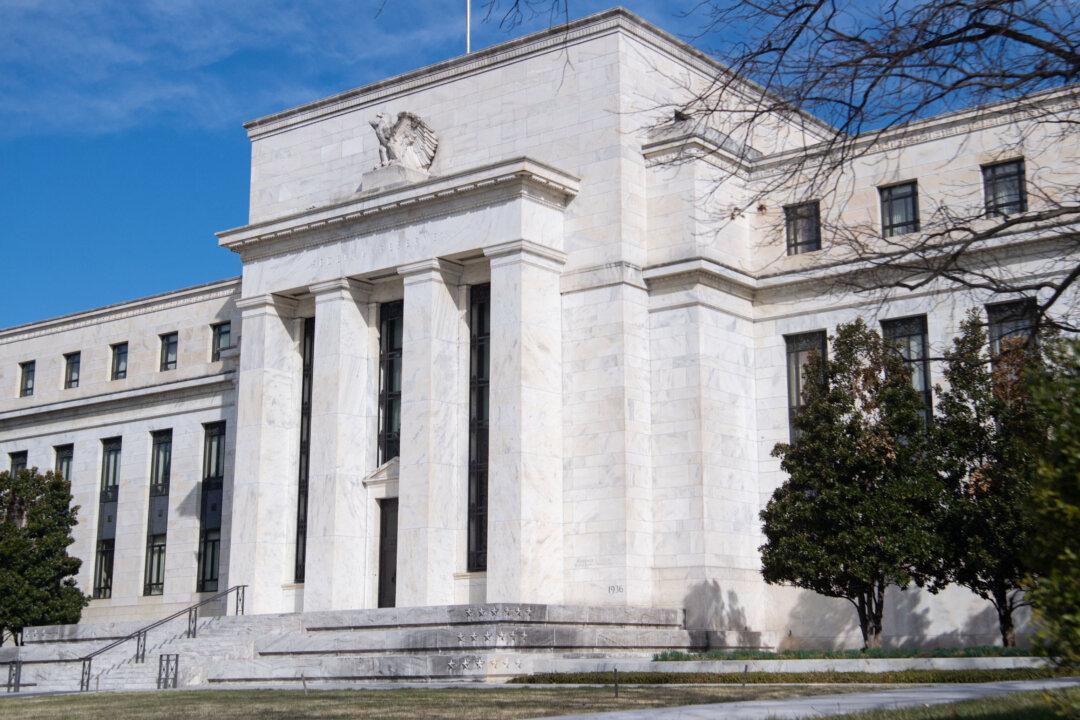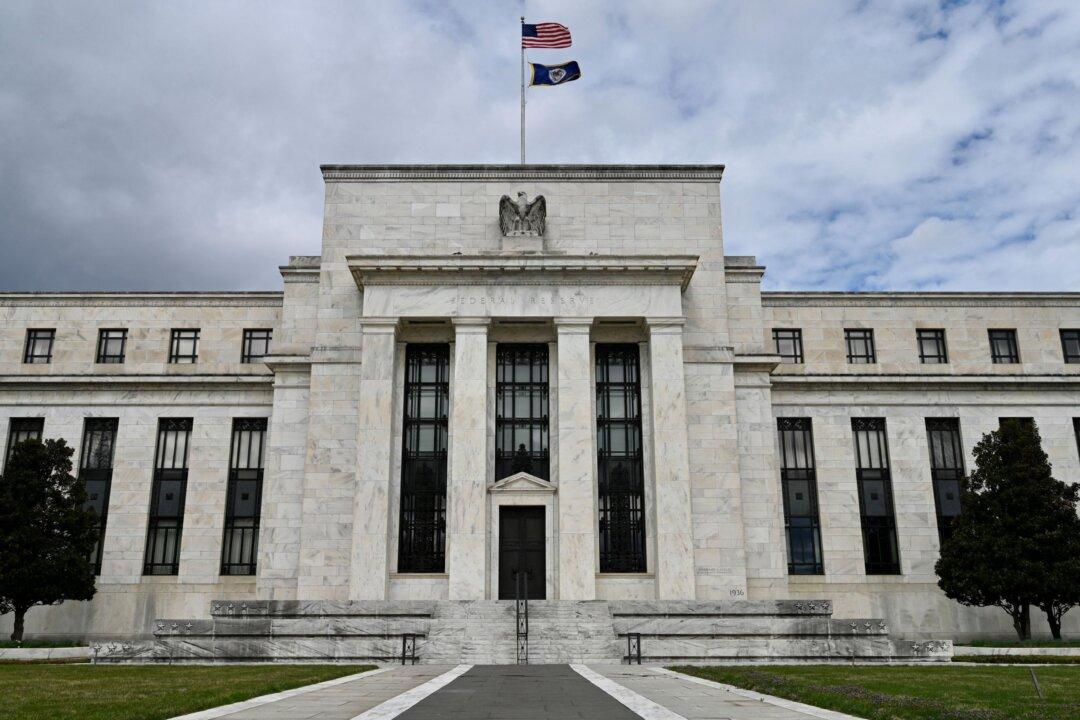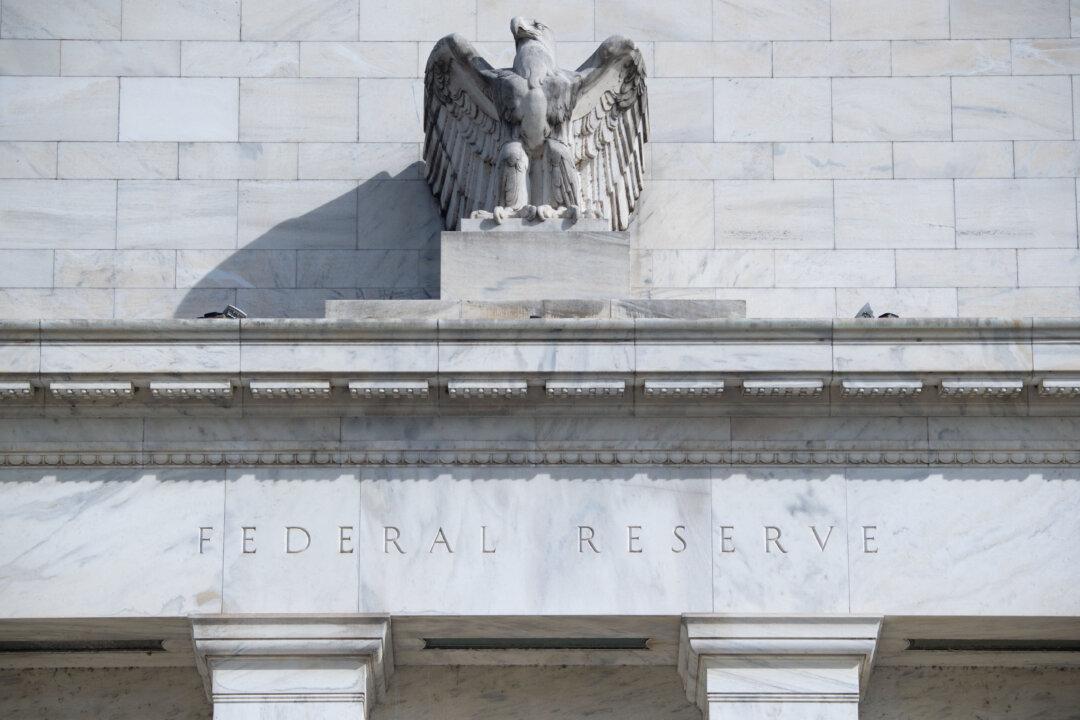Commentary
The underperformance of the latest form of “woke activism” in finance, called Environmental, social, and corporate governance (ESG), will be the strategy’s eventual undoing. We have discussed the many problems with ESG investing in previous posts.In those previous articles, we primarily focused on the excessive expense ratios charged for funds that are essentially duplicates of low-cost benchmark indexes. To wit:




